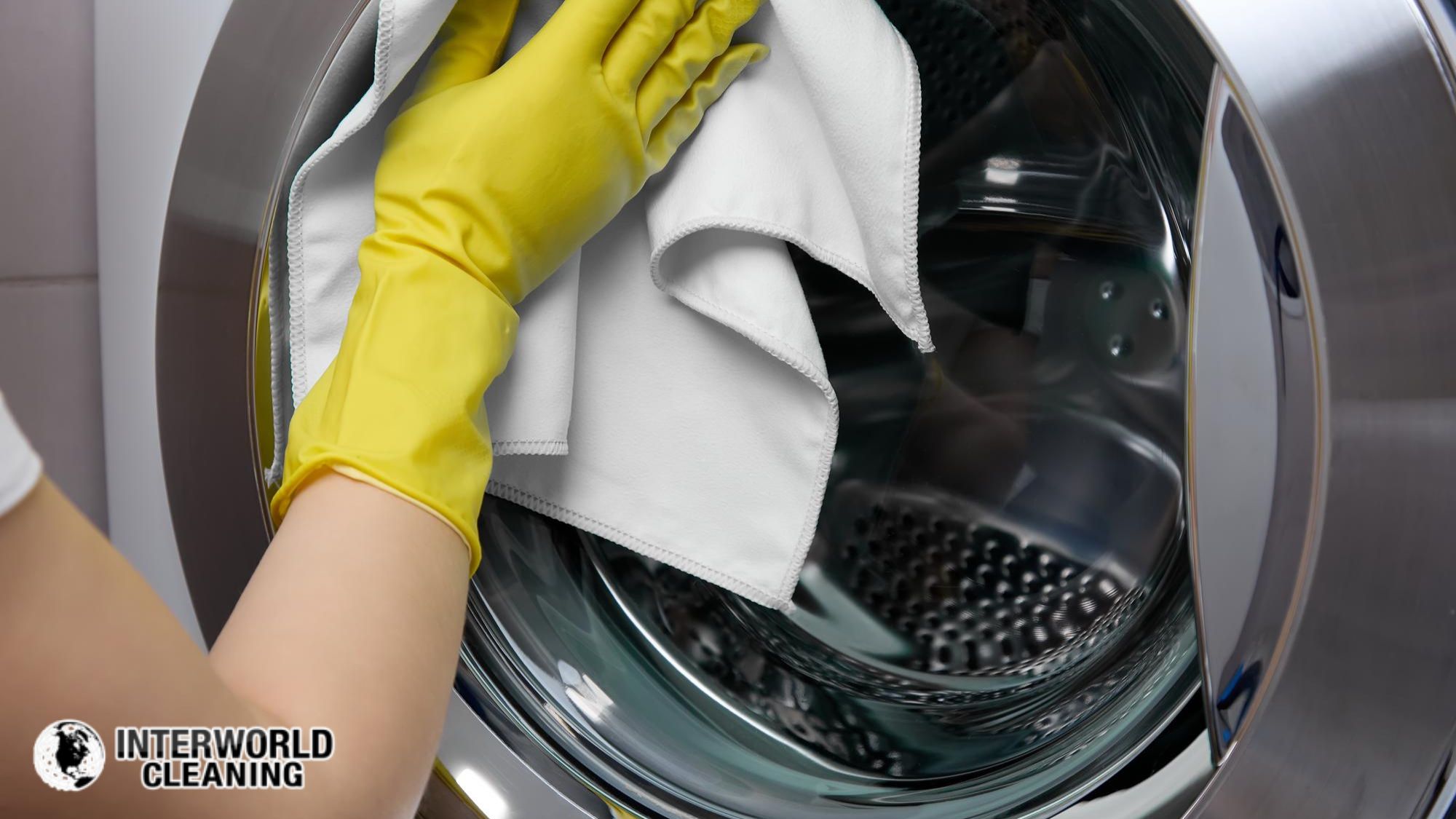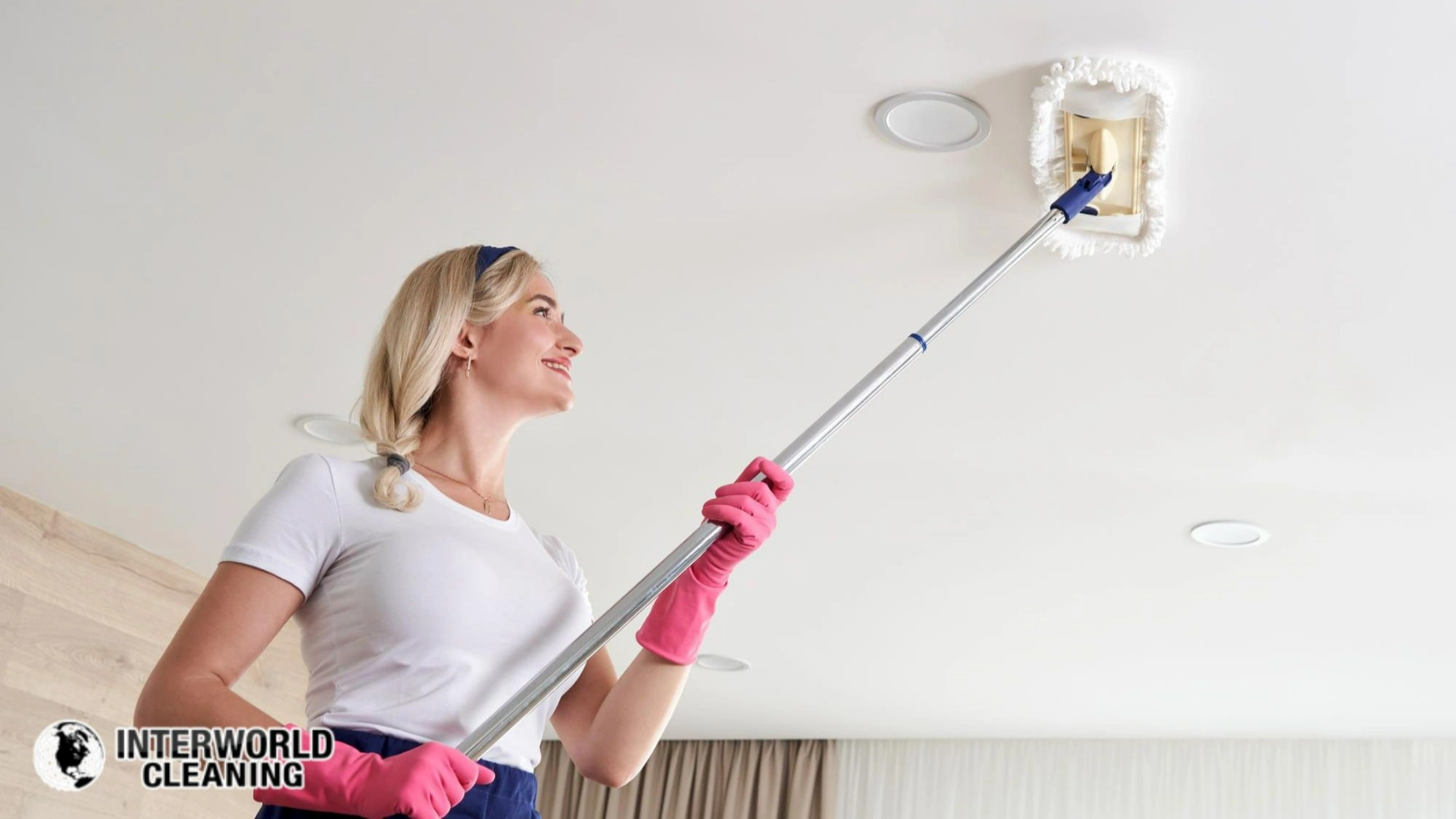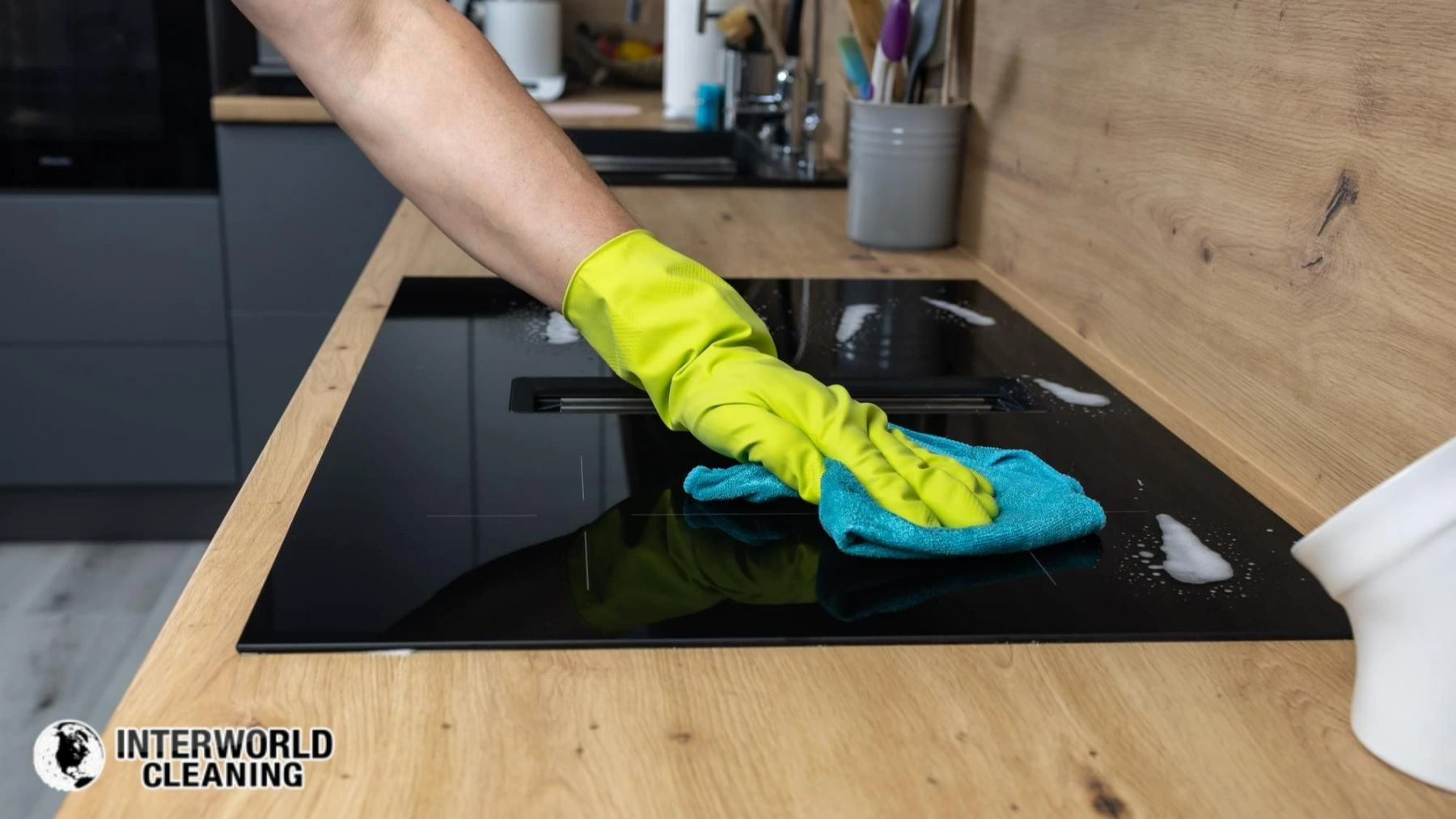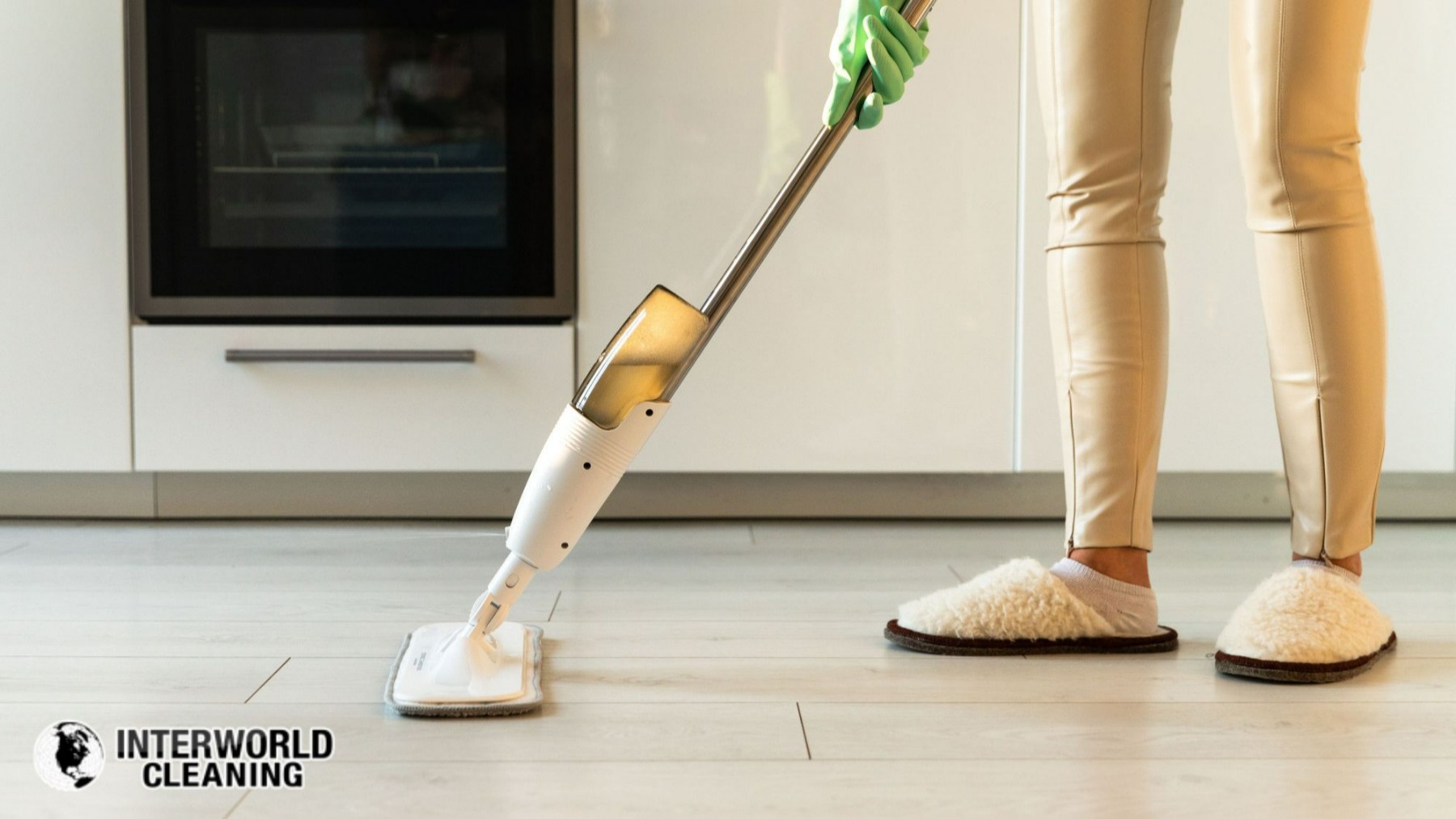A clean and well-maintained warehouse is essential to the success of any business. Not only does it ensure the safety and well-being of employees, but it also helps to maintain the quality of the products and goods stored in the warehouse. Proper cleaning of the warehouse floor is a critical component of keeping the space clean and tidy. In this article, we will discuss effective methods for cleaning different types of warehouse floors, and how Warehouse Cleaning Services can help businesses maintain a clean and safe work environment.
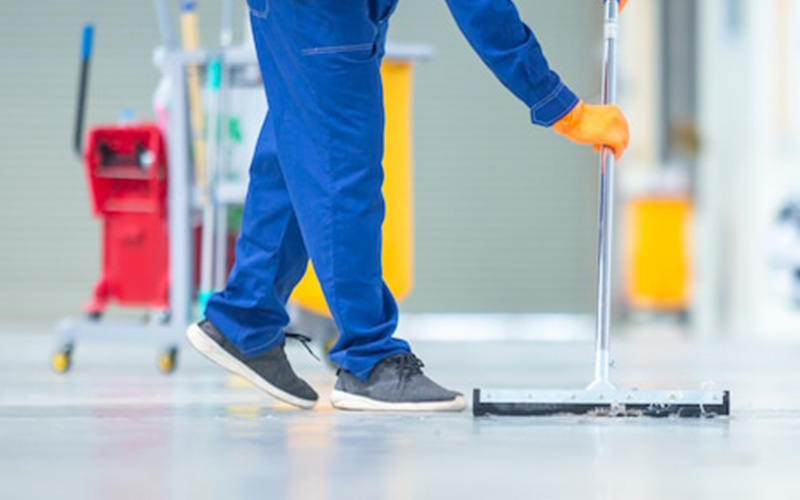
Types of Warehouse Floors
Warehouse floors are typically made of concrete, which is durable and long-lasting. However, not all concrete floors are created equal. Some warehouse floors are sealed, while others are unsealed. Sealed floors are easier to clean and maintain, as they are less porous and do not absorb liquids as readily as unsealed floors. Unsealed floors, on the other hand, are more prone to stains and may require more intensive cleaning.
Effective Methods for Cleaning Warehouse Floors
These tips and tricks will help you keep your warehouse in pristine condition.
Sweep and Dust Regularly
The first step to maintaining a clean warehouse floor is to sweep and dust regularly. Use a broom or a dust mop to remove loose debris and dirt from the surface of the floor. Make sure to focus on the corners and edges, where dust and dirt tend to accumulate.
Use the Right Cleaning Solution
Using the right cleaning solution is crucial to achieving a clean warehouse floor. Depending on the type of flooring material, different cleaning solutions may be required. For example, concrete floors may require a degreaser to remove oil stains, while epoxy floors may require a pH-neutral cleaner.
Scrub the Floor
Once you have selected the appropriate cleaning solution, it’s time to scrub the floor. You can use a floor scrubber or a floor machine with a scrubbing pad to thoroughly clean the surface of the floor. Make sure to follow the manufacturer’s instructions when using the machine and use proper safety equipment such as gloves and eye protection.
Dry the Floor
Once the floor is rinsed, it’s important to dry it thoroughly to prevent slips and falls. You can use a squeegee or a wet/dry vacuum to remove excess water from the surface of the floor. Make sure to also dry the corners and edges of the floor where water tends to accumulate.
Rinse the Floor
After scrubbing the floor, it’s important to rinse it thoroughly to remove any remaining dirt and cleaning solution. Use a clean mop and fresh water to rinse the floor, and make sure to change the water frequently to avoid spreading dirt and contaminants.
Polish the Floor
Polishing the floor can give it a shiny and professional appearance. You can use a floor buffer with a polishing pad to buff the surface of the floor. Make sure to use a polishing compound that is appropriate for your flooring material.
Schedule Regular Maintenance
Regular maintenance is key to keeping your warehouse floor in top condition. Create a cleaning schedule that includes daily, weekly, and monthly tasks to ensure that your floor stays clean and safe. This will also help to extend the life of your flooring material.
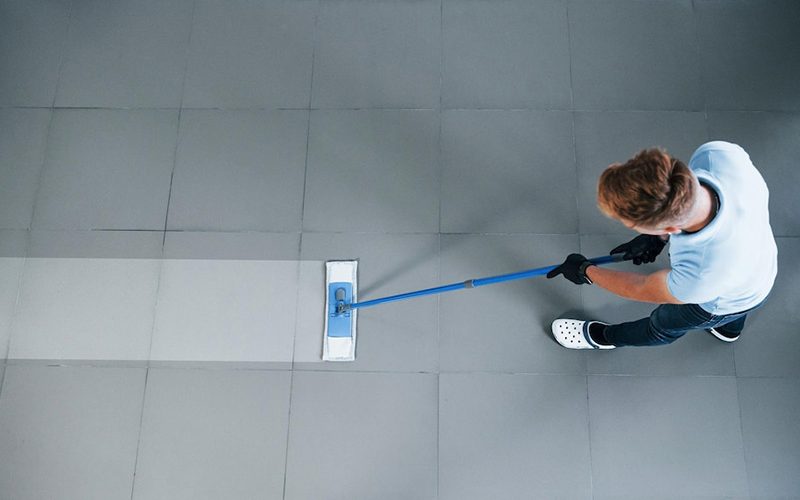
Warehouse Floor Cleaning: The Importance Of Hiring Professionals
While it is possible for businesses to clean their warehouse floors themselves, there are several benefits to hiring professional Commercial Cleaning Services. Professional cleaners have the expertise and equipment necessary to clean warehouse floors quickly and effectively. They also have access to specialized cleaning solutions that may be more effective than those available to the average business owner.
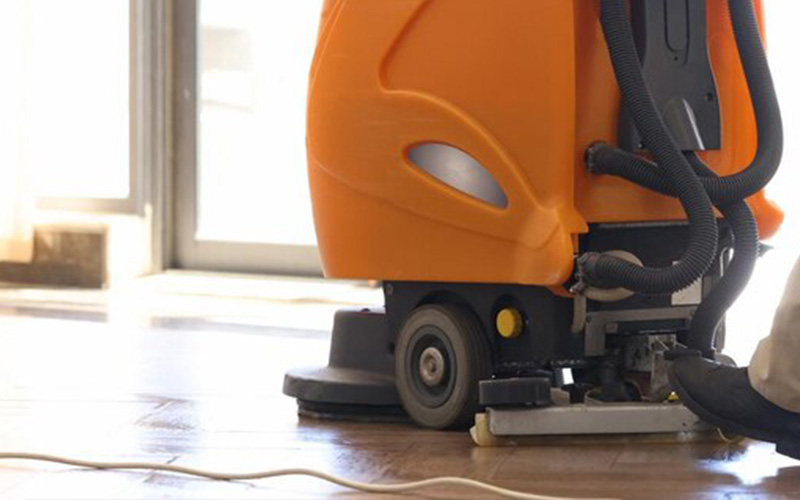
Choosing a Commercial Cleaning Company
When choosing a Commercial Cleaning Company, there are several factors to consider. These may include the company’s reputation and experience, availability and flexibility of services, pricing and payment options, quality of customer service, and professionalism and reliability of the cleaning crew. It is also important to ensure that the company has liability insurance to protect against any damage or injuries that may occur during the cleaning process.
